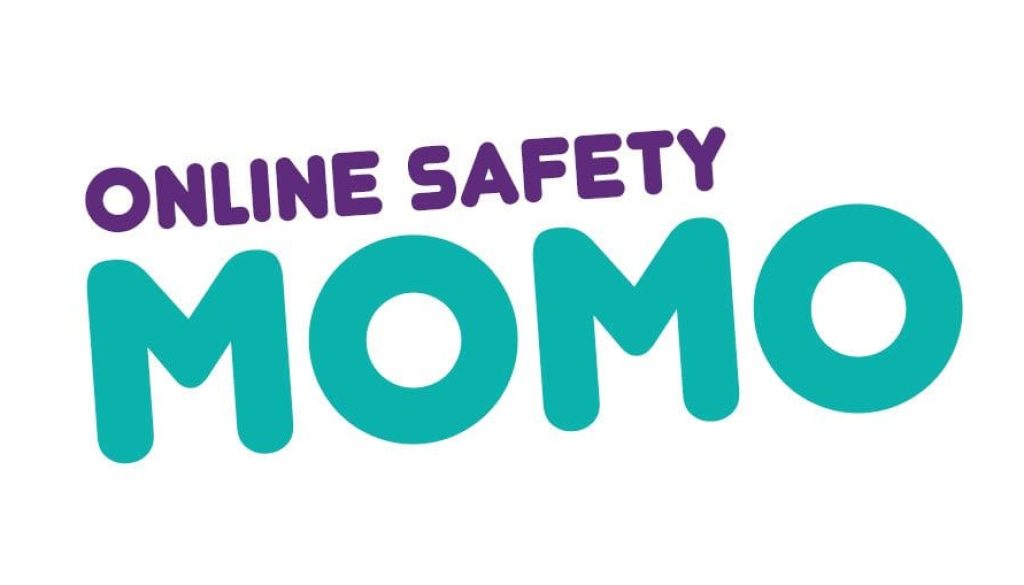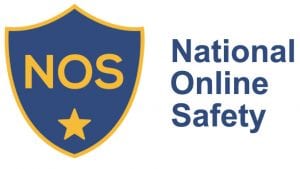Momo
There has been heavy coverage in the media this week regarding the “Momo Challenge”. Please see the advice and information for parents and carers below that we hope you will find supportive and useful:
National Online Safety says:
“Momo is a sinister ‘challenge’ that has been around for some time. It has recently resurfaced and once again has come to the attention of schools and children across the country. Dubbed the ‘suicide killer game’, Momo has been heavily linked with apps such as Facebook, WhatsApp, YouTube, and most recently (and most worryingly)… YouTube Kids.”
 Recently, the Momo Challenge has been covered extensively in the news and the disfigured avatar has been popping up all over the internet. A lot of what is reported in the tabloids may be adding to the hysteria as there’s currently not much evidence of the game itself harming children. The Momo Challenge is a game played over WhatsApp where participants contact the character Momo and are then told to do a series of challenges, with the final challenge allegedly being suicide.
Recently, the Momo Challenge has been covered extensively in the news and the disfigured avatar has been popping up all over the internet. A lot of what is reported in the tabloids may be adding to the hysteria as there’s currently not much evidence of the game itself harming children. The Momo Challenge is a game played over WhatsApp where participants contact the character Momo and are then told to do a series of challenges, with the final challenge allegedly being suicide.
The tabloids claim that the phenomenon has reached the UK and report that a lot of children have told their parents that they’ve become afraid of the dark after seeing the upsetting face or that they’ve been told to harm themselves by Momo. Whether they have actually played the game, been told about it by friends at school — or simply seen the face on the internet — is unclear.
There have been media reports of hackers ‘inserting’ Momo into Fortnite and YouTube videos but we understand that there is not any evidence that supports this. Although a lot of the information about the Momo Challenge is rather concerning, the number of reported cases of children harming themselves because of the game is extremely low. The challenge has alleged ties to three cases of teens killing themselves in Asia and South America, but there is no proof that it was the direct cause.
Also, there isn’t just one Momo WhatsApp user out there causing trouble — there are multiple accounts out there claiming to be Momo. The first recorded Momo profile came from Japan, but several have since been popping up all across the world. This could mean that there are a number of people out there taking advantage of the situation to get attention.
In line with all online safety advice we would suggest that parents are encouraged to:
![]() Ensure they know what their children can access online
Ensure they know what their children can access online
![]() Ensure children understand the importance of not giving personal information to anyone they do not know
Ensure children understand the importance of not giving personal information to anyone they do not know
![]() Tell their children no-one has the right to make them do anything they do not want to do
Tell their children no-one has the right to make them do anything they do not want to do
![]() Use parental controls to keep children safe
Use parental controls to keep children safe
Among the most common signs to watch out for include children who:
![]() Become very secretive, especially about what they are doing online
Become very secretive, especially about what they are doing online
![]() Are spending a lot of time on the internet and social media
Are spending a lot of time on the internet and social media
![]() Are switching screens on their device when approached
Are switching screens on their device when approached
![]() Are withdrawn or angry after using the internet or sending text messages
Are withdrawn or angry after using the internet or sending text messages
![]() Have lots of new phone numbers or email addresses on their devices
Have lots of new phone numbers or email addresses on their devices
Please also see the attached information guides for parents on this challenge.
Download JPG
Downlaod PDF





